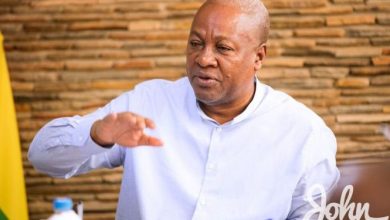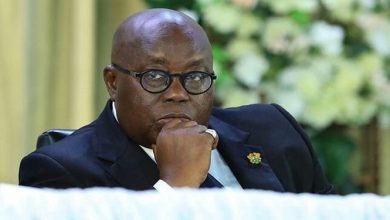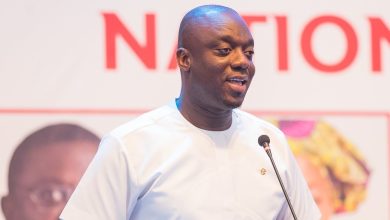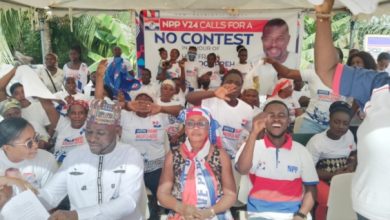Zimbabwe election: Voters go to the polls with inflation on their minds
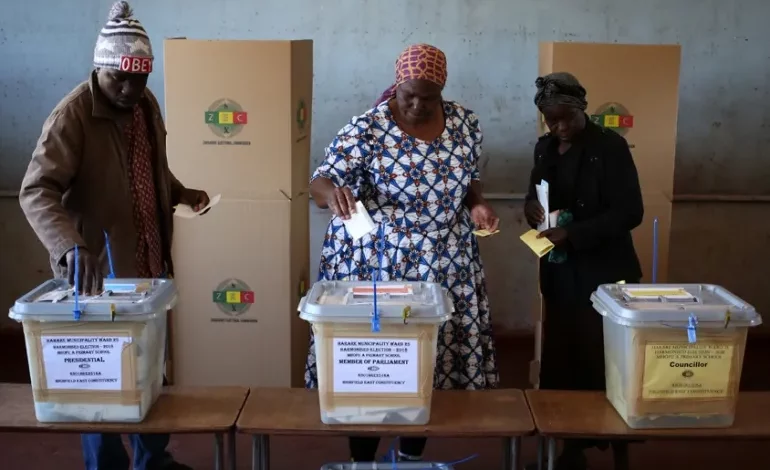
|
Getting your Trinity Audio player ready...
|
Zimbabweans are voting in presidential and parliamentary elections, amid some delays, after a campaign dominated by the country’s soaring inflation.
Those queuing at polling stations in the capital said they were excited to exercise their right to vote.
President Emmerson Mnangagwa faces 10 challengers, including Nelson Chamisa of the main opposition Citizens Coalition for Change (CCC).
A presidential candidate needs more than 50% of the vote to win.
If there is no outright victor, a presidential run-off will be held in six weeks on 2 October, when the more than six million registered voters will choose between the top two candidates.
After voting on Wednesday, one Harare resident spoke about the harsh economic climate.
“I want my life to move improve, for the economy to be fixed, for my children to be able to go to school, healthcare to work. That is what we are voting for – for these things to be fixed,” she told the BBC.
A young male voter said he wanted “improvement in this country in terms of infrastructure… we are just expecting something better than what we are now”.
There have been delays at some polling stations in Harare that have been blamed on the late delivery of ballot papers, caused by legal challenges by some of those running for local council seats, which are also up for grabs.
The electoral commission says 23% of polling stations opened on time at 07:00 local time in Harare. In the second city, Bulawayo, 75% were open by 08:00, officials have said.
Some voters in Harare told the BBC that they had not been able to find their polling stations.
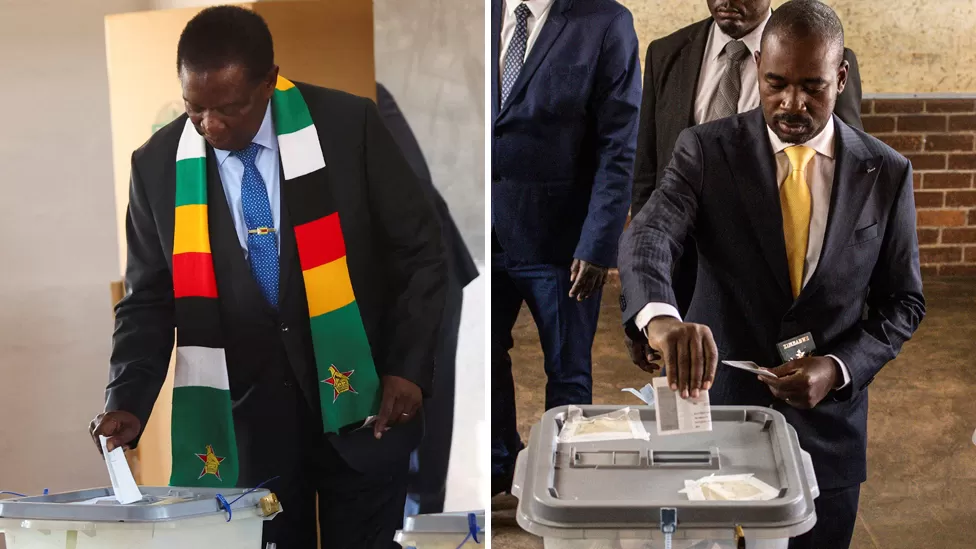
Casting his vote in Kwekwe, 175km (110 miles) south-west of Harare, President Mnangagwa, wearing his trademark scarf in Zimbabwean colours, said he was confident of winning.
“If I think I’m not going to take it then I’d be foolish. Everyone who contests, if you are going to race, you are going to race to win and it’s precisely what I’m doing,” he told reporters.
After voting in Harare, Mr Chamisa said that there was “going to be a new government in this country… We are winning this election.”
He also alleged that the authorities were “panicking”, adding that the delays were happening in urban areas where the CCC has most of its support.
His party members have also said that fake leaflets have been distributed claiming to be produced by the CCC urging people to boycott the poll.
It is first election since the death of Robert Mugabe, the man who dominated Zimbabwean politics and the ruling Zanu-PF party for decades.
He died in 2019 nearly two years after he was ousted in a military takeover and replaced by his deputy, Mr Mnangagwa.
In the last election in 2018, Mr Mnangagwa won in the first round with 51% of the vote. Mr Chamisa, who came second with 45%, unsuccessfully challenged the result in court.
Police had been deployed around the country to maintain peace and order, and their numbers would be bolstered by prison officers, police chief Godwin Matanga said ahead of the poll.
He maintained the pre-election period had been largely peaceful despite some skirmishes.
However, opposition parties say a disproportionate number of their rallies were banned by police or disrupted.
One CCC supporter was killed in violence earlier the month. Police have arrested 15 suspects in connection with the case.
The Zimbabwe Electoral Commission (Zec) has warned people not to wear nail varnish or nail extensions on their left pinkie finger, which will be marked with indelible ink after voting.
Monitoring groups have raised issues about alleged anomalies on the voters’ roll, saying some names have been moved from their usual place of voting to other areas.
There has also been criticism about last-minute boundary changes, meaning voters may not know their assigned polling station has changed.
Mr Mnangagwa, who is seeking a second term in office, is anxious to get an international stamp of approval for the vote so Zimbabwe’s foreign debt can be restructured and potentially open up fresh lines of credit frozen more than 20 years ago.
He has struggled to contain roller-coaster inflation, which was in the single digits in late 2017. The annual inflation reached 176% in June with figures out this week showing it has dipped to 77.2% from 101.3% in July.
Zanu-PF did not produce a manifesto, saying the president’s work speaks for itself, with a boom in mining and big investments in infrastructure.
But the CCC says ordinary people have not benefited, with one in four Zimbabweans out of regular work. Mr Chamisa says he plans to scrap the volatile local currency if he wins.
Polls close at 19:00 local time (17:00 GMT). The presidential results are due within five days.
Source: BBC

